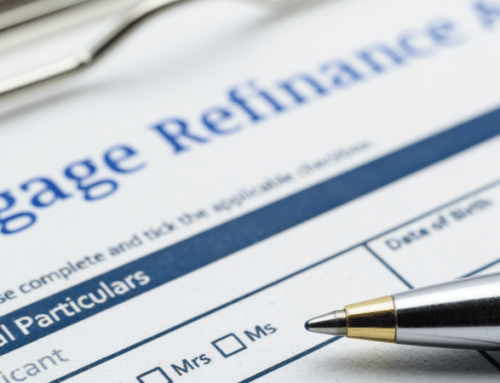Q: I am getting a divorce and my husband and I are just starting the process. Thankfully, my husband and I have only two debts: his business and our mortgage.
We have already agreed that I will get the home. About 5 years ago, we refinanced our mortgage to a new 15-year mortgage. Because we have prepaid our loan, we have just $56,000 left to pay off at 5 percent, and the loan will be completely repaid in 2013.
While my mortgage payment (without the additional prepayment) is a reasonable $1,297 per month, I’m going to need to reduce this amount to an even more manageable level. How can I do this? My interest rate is great and refinancing now will mean that I won’t get as good a rate and I’ll have closing costs.
There are a lot of unanswered financial questions at the moment, and I am just trying to think ahead.
A: I’m glad you’re asking these kinds of questions now – at the beginning of your divorce. You have a couple of different options available to you, any of which should give you additional flexibility with your finances.
If you refinance your $56,000 balance for 30 years at 6.5 percent, which is about the going rate, your monthly payments will drop to about $354 per month. If you choose a 20-year loan, your monthly payments will be $417 per month. I would hope that either of these choices would be manageable for you.
While you will be paying off these loans for a long time to come, the payments will be fixed and manageable. The question you have to answer is how much cash will you have coming in over the next couple of decades.
On the other hand, if you look at the mortgage you currently have, you’re talking about paying off your home in about 5 more years if you can manage to keep up your payments. Can you take a second job for the next couple of years to bring in enough income to keep your monthly mortgage payments where they are? I’d love to see you pay off your home loan in about 5 years and be done with that line item in your budget.
Before you agree to anything, take the time to ensure that keeping the house is the right choice. Talk to your divorce attorney and run through the numbers to make sure that you’re not taking one asset in exchange for withdrawing any claim to your husband’s 401(k) account or (debts aside), the equity in the business without understanding the long-term ramifications of your choice.
Not all equity is created equal because of the growth potential and the taxes you may ultimately owe on the profit or income. It may turn out that the value of the house is not equal to receiving half of his 401(k) plus any equity that exists in the business. It’s possible to put all the figures into a spread sheet and compare them side-by-side. Your divorce attorney or financial planner should be able to walk you through these options and help you to make a choice that’s good for you now, and in the future
May 19, 2007.






Leave A Comment